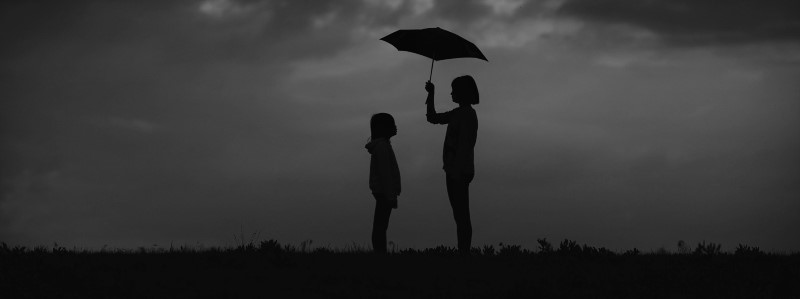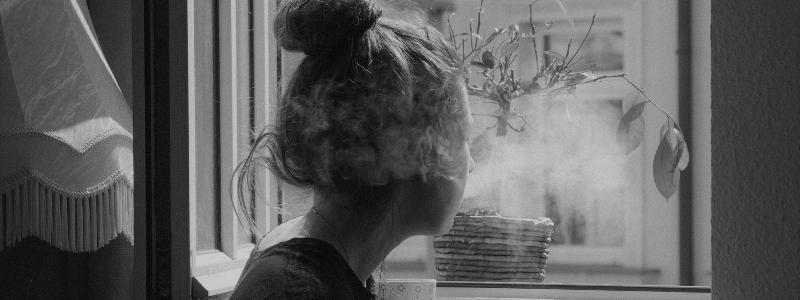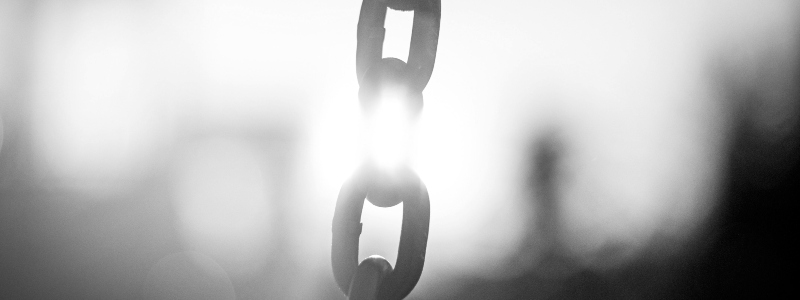Having just come off a phone call with the Child Sexual Abuse and Exploitation Policy Lead, my thoughts have been drawn to the enormity of the problem we face with pornography and the ‘pornification’ of society, particular the world of young people.
Pornography use has become ubiquitous and normalised to the extent that increasingly the world of pornography seems to influence and infiltrate wider society through body shape, appearance, hair removal, sexual behaviour, dating, all the way through to the core of our identity.
From my perspective as a clinician, I have no particular moral take on what consenting adults do behind closed doors and indeed, it is my job to hold curiosity about this as with any other aspect of my clients’ lives. It could be argued that pornography falls into this category. However, whilst I have no particular moral take on (some) aspects of pornography (consumed by adults), I have a strong healthy perspective on the issue much like I do on the consumption of alcohol for example.
A person may choose to live their life drinking a bottle of wine per night. Other than this they don’t negatively impact society, they maintain a job and pay their way in the world. However, I would hold a health perspective on this issue and whilst as a lay person I am as aware as anyone else about the physical health risks of excessive alcohol consumption, I believe that in my role as a psychotherapist I can claim an expert position on the mental health impact of excessive alcohol use extending to the wider social context. And so it is with pornography.
It is easier for anyone to access pornography via the internet than it is to buy alcohol. At the very least, alcohol must be physically purchased and paid for whilst porn is free – in the monetary sense. However, I believe that what seems free to consume is in fact a Faustian deal in which the consumer sells their soul – in this case their mental and emotional health.
It is also extremely disturbing and concerning that it is easier for children to access pornography of virtually any description than it is for them to be able to access alcohol. Let’s be clear, I am not advocating children have access to alcohol, however surely it should be at least as well regulated and policed and the risks considered? To date, the impact of pornography use by children, teenagers and young people has been vastly underestimated and as a mental health professional, I and my colleagues see the fallout of this.
We face a pornification of society whereby the young now trade in sexual pictures of each other and sexual acts that would until very recently have been considered ‘fringe’ at best, have become normalised such as non-fatal strangulation. The effects of this pornification of our young is leading to enormous self esteem issues, relational problems and mental health conditions such as eating disorders, depression and anxiety.
As a society we therefore need to safeguard children from child abuse – and to be clear, permitting children to view pornography constitutes child sexual abuse. The online safety bill aims to do just this – it is imperfect and won’t solve the problem in that legislation can never solve social ills, however the first port of call is to safeguard children and then a more nuanced consideration of the insidious effects pornography is having on society can take place.
Psychotherapy is about relationships and at its core it is about helping clients to have a healthy relationship with themselves and others in a two-person world. Pornography is by its very nature perverse – it is narcissistic and is about voyeurism and exhibitionism rather than relating. It is therefore by its nature in conflict with the very essence of the psychotherapeutic journey and a healthy society.
Mark Vahrmeyer, UKCP Registered, BHP Co-founder is an integrative psychotherapist with a wide range of clinical experience from both the public and private sectors. He currently sees both individuals and couples, primarily for ongoing psychotherapy. Mark is available at the Lewes and Brighton & Hove Practices.
Further reading by Mark Vahrmeyer
How much time should I devote to self care?
Why is Netflix’s Squid Game so popular?
Space: The Final Frontier of Manic Defence
Do Psychotherapists Need to Love Their Clients?
Unexpressed emotions will never die





